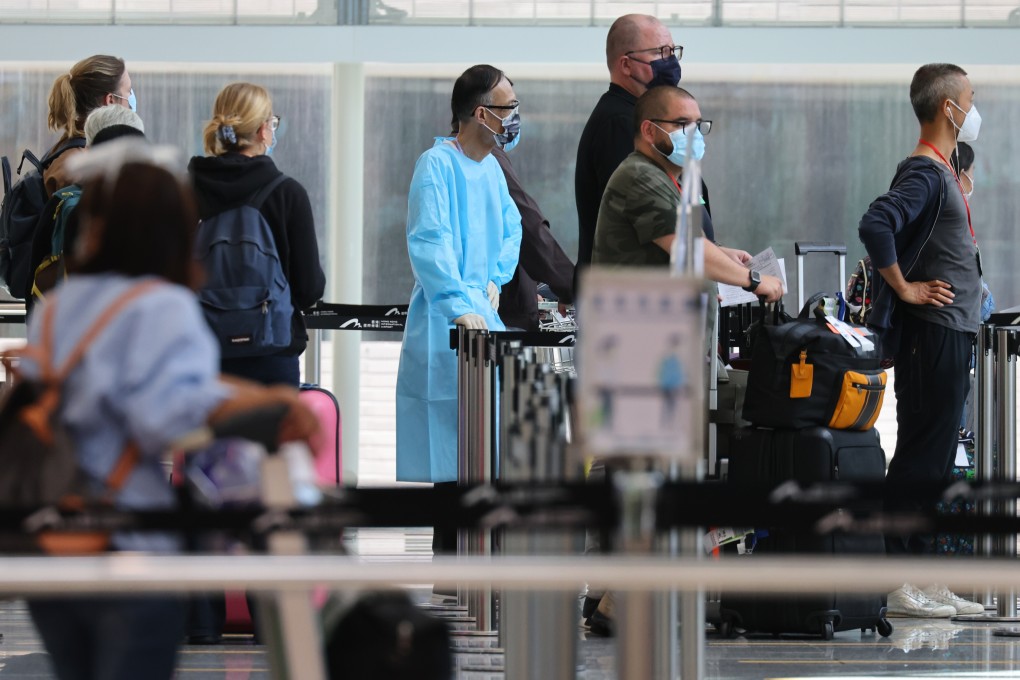Advertisement
Letters | Hong Kong quarantine: high-risk ranking of Spain doesn’t follow the science
- Readers discuss Hong Kong’s quarantine policy, the central government’s effort to understand the city’s problems, and private versus public health care
Reading Time:3 minutes
Why you can trust SCMP
0

I am a Hong Kong permanent resident currently living in Spain. Since I have been wishing to come back to Hong Kong to visit my family, whom I have not seen for over two years, I have been keeping an eye on the quarantine situation in Hong Kong.
I have also joined the HK Quarantine Support Group on Facebook to be better prepared for my quarantine in Hong Kong.
On the forum, there are lots of complaints about the cleanliness of the quarantine hotels, including mould, dust, hair and even used condom wrappers. I understand that quarantine is necessary, but basic cleanliness is also important so that we can, at least, have a decent stay.
It is enough that overseas travellers to Hong Kong need to undergo quarantine, some for 21 days even with full vaccination, while people arriving from mainland China can be exempted from quarantine under the Return2HK and Come2HK schemes without being vaccinated. We should at least be given a decent stay in the quarantine hotel.
I can understand the rationale for upgrading Spain to Group A (high-risk) countries in August as the coronavirus cases in Spain increased substantially in July and August. However, the case numbers have dropped significantly since then and Spain is now one of the countries in Europe with the least cases, even lower than Germany.
Also, about 80 per cent of the population have had at least one dose of the vaccine, and 77 per cent have been fully vaccinated.
Advertisement
Select Voice
Choose your listening speed
Get through articles 2x faster
1.25x
250 WPM
Slow
Average
Fast
1.25x